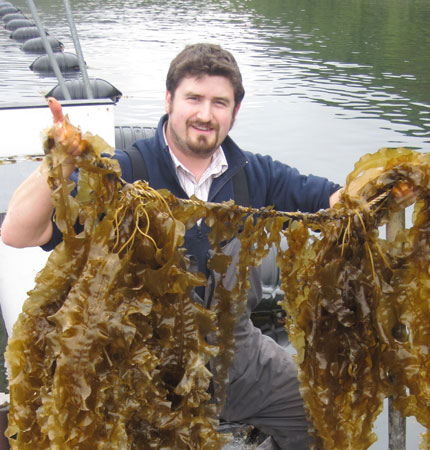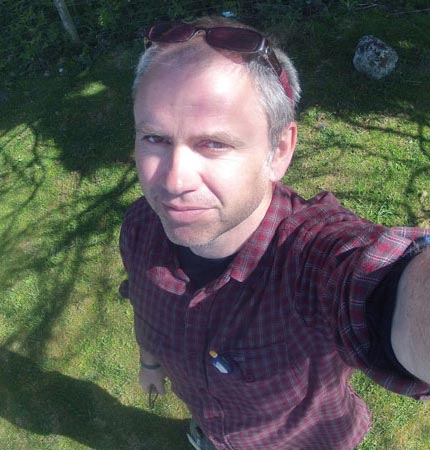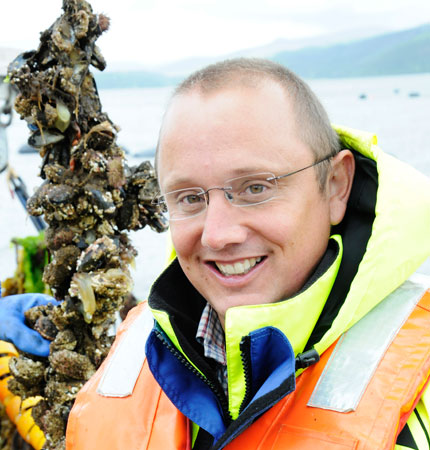Integrated Aquaculture: an eco-innovative solution to foster sustainability in the Atlantic Area
Circular economy principles make activities more sustainable and competitive. The INTEGRATE project fosters a quintuple helix cooperation to promote the industrial transition, finding sustainable ways to address an imbalance of resources towards Integrated Multi-Trophic Aquaculture (IMTA) in the Atlantic Area.
The project develops effective tools to increase competitiveness while removing the barriers to sectoral green growth and improving the quality and public image of the aquatic products. Though its development is encouraged by major policies (EU Blue Growth Strategy, Atlantic Action Plan, RIS3), there are many limits (socio-economic, administrative and legal) and challenges that need to be solved in order to benefit from its potential to increase competitiveness, productivity and profitability while minimizing environmental impacts related to waste production.
The INTEGRATE project aims to strengthen transnational and collaborative networking among research, business-industry groups and civil society on eco-efficient aquaculture techniques through a territorially based cooperation approach. This is achieved by embracing and communicating the principles and benefits of eco-innovation and eco-efficiency, in which the concept of IMTA is based. Furthermore, it facilitates the consecution of strategic regional goals as the industry transitions to resource-efficient technologies (aquaculture is a sector highlighted in EU Blue Growth Strategy).
SAMS leads Work Package 3 on Project Capitalization.




